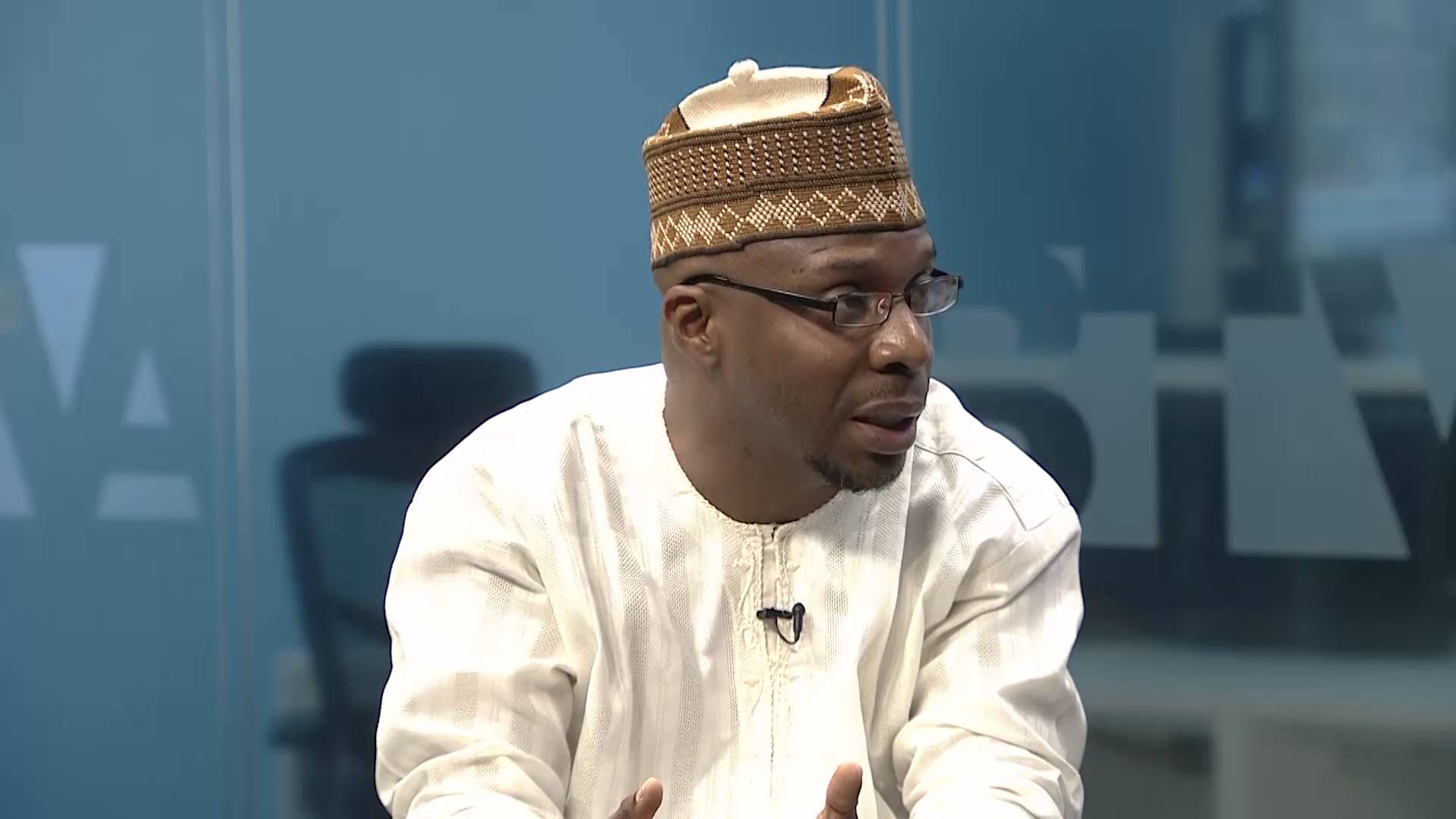…Osinbajo, CJN Urge Judges To Be Above Board, Uphold Ethical Standards
…As Lagos Judiciary Holds First Biannual Public Lecture
Lagos State Governor, Mr Akinwunmi Ambode on Monday said the major reforms being implemented in both judiciary and security sectors in the State were targeted at creating a sound pedestal for residents to be productive and in turn boost the Gross Domestic Product (GDP) of the State.
Governor Ambode, who spoke at the first biannual lecture of the Lagos State Judiciary held at City Hall in Lagos Island, said the major reforms in the sectors were already contributing to the growth of the economy, assuring that no effort would be spared in ensuring the success of the various initiatives.
The Governor particularly commended the State’s Chief Judge, Justice Opeyemi Oke and the Attorney General and Commissioner for Justice, Mr Adeniji Kazeem, saying he was in firm support of the reforms being championed by the duo in the judicial sector.
“I want to say that I am very proud of the judicial sector reforms going on in the State; we are very proud of the work being done by the Chief Judge and the combination of the efforts being carried out by the Attorney General and Chief Judge is something we need to support.
“It is now very obvious that some major reforms are going on in the judicial sector and we are very proud as the executive arm of government to support the judicial sector reforms which we are also complementing with our security sector reforms.
“In totality, the reforms are aimed at improving the economy of Lagos and grow the GDP and what is going on in the judicial sector is significant and we are very proud of it,” the Governor said.
While lauding the initiative of the lecture which was intended to engender thought provoking discussions and provide platform for stakeholders to assess performance of the judiciary and as well broaden the frontiers of justice delivery, Governor Ambode called for the lecture to be held annually.
He said it was important for the intellectual conversation around the lecture to be held regularly in order to bring about practicable solutions to issues in the sector.
In opening remarks, Justice Oke lauded Governor Ambode for supporting the reforms being implemented in the State Judiciary, describing him as a man of vision who is known for pursuit of excellence and international best standards in every area of his administration.
She said the lecture, which is the first of its kind not only in Lagos but in other jurisdictions, was designed to facilitate closer interaction between judiciary and the bar both in terms of practice and continuing legal education.
The CJ, who reeled out some of the reforms being implementing including judicial ethics and administration, old cases above 20 years elimination programme, designation of special offences court, sexual offences court, small claims court, child rights law and regulations, prison decongestion effort, among others, said the lecture was one of the initiatives put together to advance justice delivery in the State.
On his part, Vice President, Professor Yemi Osinbajo represented by Special Assistant to the President on Economic Crimes, Mr. Biodun Aikomo, said in view of the strategic role occupied by judicial officers in the country, it was important for them to always be above board and uphold ethical standards.
“Judges must be beyond reproach; they must be above board; they must abide by ethics and standards of the profession and dispense justice without rightly,” he said.
Speaking on the theme: “Judicial Standards, Integrity, Respect and Public Perception: A Comparative Analysis From Independence In 1960 Into The Present Millennium,” the guest speaker at the lecture and Chief Justice of Nigeria (CJN), Justice Walter Onnoghen admonished judges to refrain from commenting from commenting on matters of public interest through social media blogging sites such as Twitter, Facebook, Instagram, among others.
The CJ said judges must also ensure the removal of their personal information online, and as well desist from uploading pictures of their holiday and personal activities on social media.
He said judges “who are desirous of discussing public matters on the social media can only do so without revealing their identity,” adding that the interactive design of the internet blogging sites made it important for judges not to descend into such arena.
Onnoghen, represented by Mr Olabode Rhodes-Vivour, Justice of the Supreme Court, also called for the study of law in the University to be made a second degree in view of the declining standards of education in Nigeria, while lawyers who wanted to be appointed into the bench, in addition to 10 years post call requirement, should also be mandated to have post graduate diploma in law.
Such reforms, according to the CJN who traced the trajectory of the Nigerian judiciary since 1960, were important factors that can further help to advance justice delivery.
